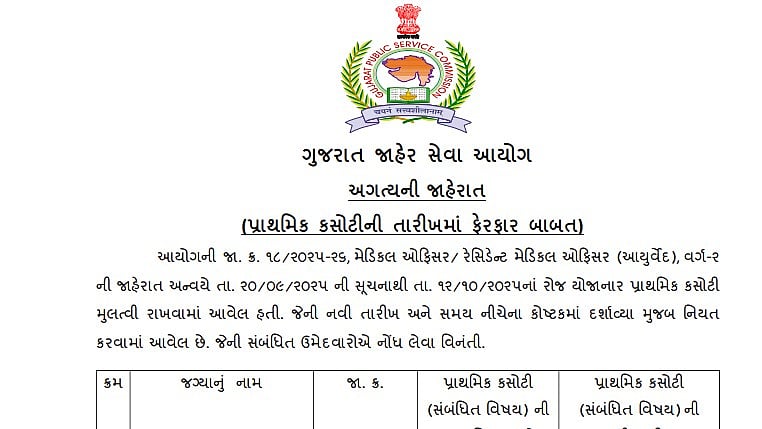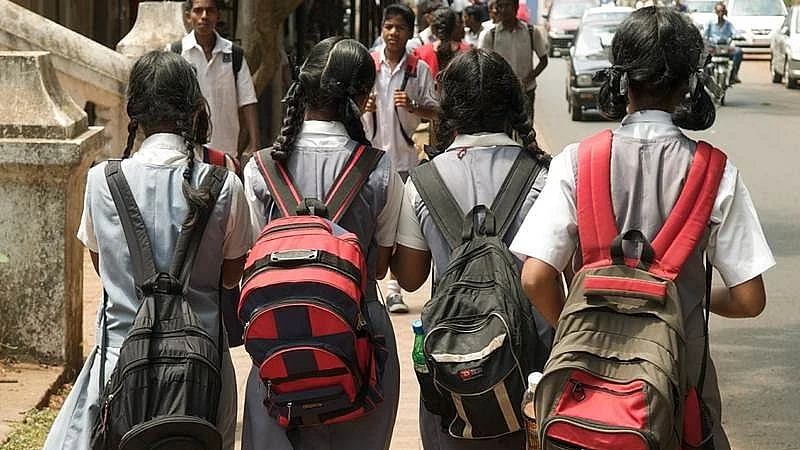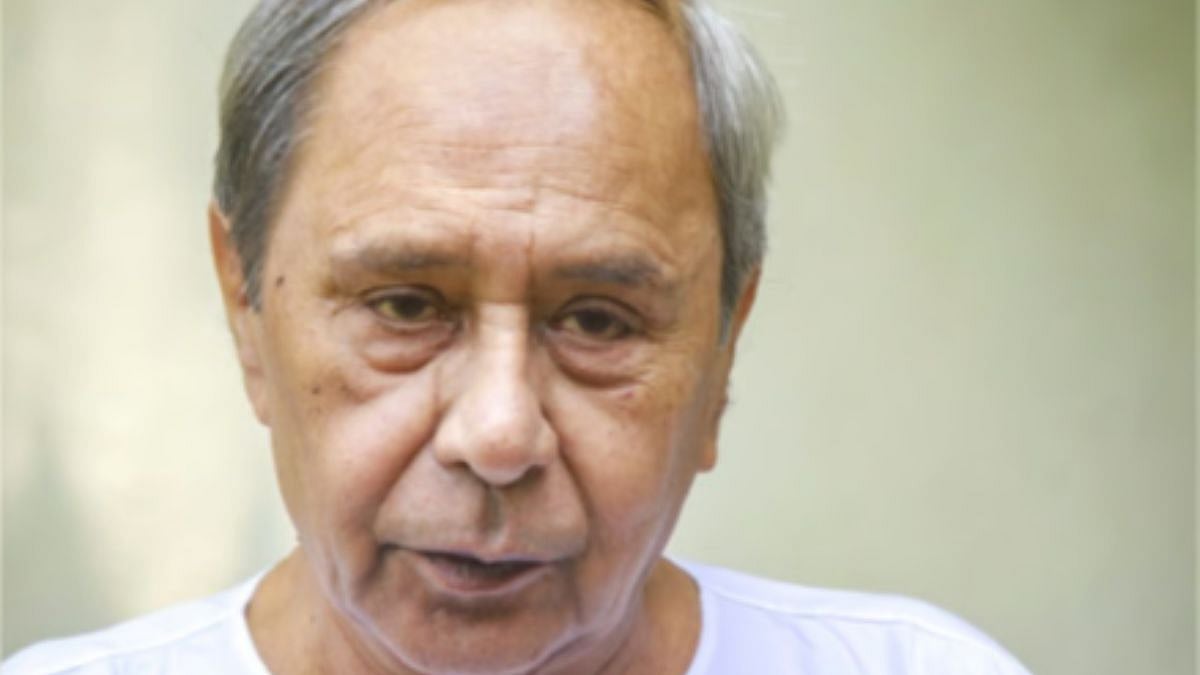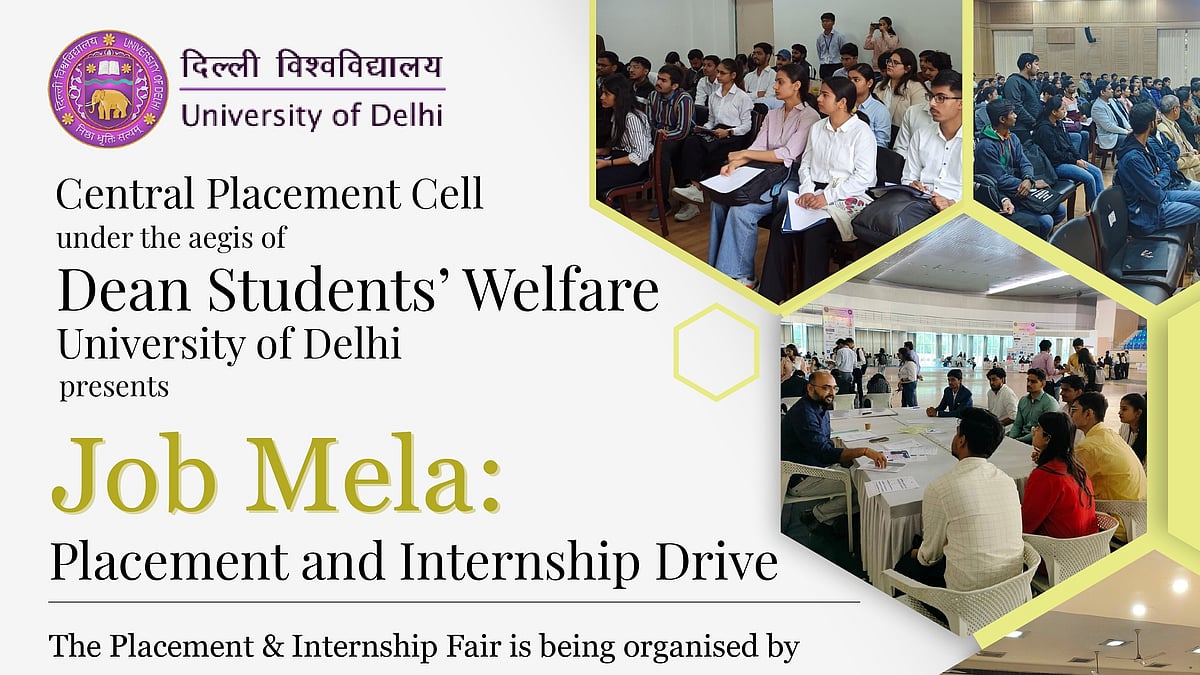New Delhi: The Supreme Court on Wednesday sought responses from the Centre and others, including the Indira Gandhi National Open University (IGNOU), on a plea arising out of a Madras High Court judgement that upheld the primacy of the UGC in deciding the regulations for conducting distance education programmes.
Though the January 20, 2023 judgement by a division bench of the high court largely favoured the University Grants Commission (UGC), it was aggrieved by a part of the order which said the statutory body's communication of 2012 will not have retrospective effect.
The matter had its roots in an order of the UGC of August 21, 2012 by which it had said the territorial jurisdiction of a university for offering programmes under distance learning will be limited to the state where it exists.
Initially, one university filed a writ petition against the UGC order and several others followed suit.
The single bench of the Madras High Court had by its March 12, 2013 order quashed the clause against which the UGC moved a division bench.
The division bench noted in its January 20, 2023 judgement that in its August 21, 2012 communication, while recognising the distance education programmes offered by the university, the UGC had imposed a condition to the effect that territorial jurisdiction for offering programmes through distance mode will be as per the decision of the Commission taken in its 40th Distance Education Council (DEC) meeting.
"The said decision was to the effect that the territorial jurisdiction of the State Universities (both government funded and private) will be as per their Acts and Statutes, but not beyond the boundaries of their respective states," it had noted.
"The University Grants Commission's Regulations framed in the year 2020 viz., University Grants Commission (Open and Distance Learning Programmes Online Programmes) Regulations 2020 provide for territorial jurisdiction and the activities should be as per the territorial jurisdiction allotted to the University under the Act," the division bench said in its verdict, endorsing the primacy of the UGC in matters related to distance learning.
It said no such territorial restrictions exist on online education programmes.
What did not go down well with the UGC was the part of the division bench's order which said,"We hasten to add that this (its order) shall not affect the students who have already undergone the courses pursuant to the interim orders of this court."
The UGC has approached the apex court aggrieved by this part of the division bench order.
The division bench had noted in its verdict that in view of the subsequent developments and the fact that students who had enrolled during the academic year 2012-13 have completed the courses, setting aside the orders of the single bench completely will lead to undesirable consequences.
The UGC's plea against the high court verdict came up for hearing before a bench of Justices S K Kaul and Sudhanshu Dhulia.
Solicitor General Tushar Mehta, representing the UGC, told the bench that though the high court judgement is in their favour, the commission is aggrieved by a part of paragraph 52 of the verdict.
He said the high court had, in its verdict, referred to the attempt made by some universities to commercialise education by engaging in indiscriminate franchisee agreements with persons who do not have expertise or infrastructure to provide quality education to students. He said even technical degrees were being offered through distance education programmes.
The bench said it would like the UGC to file an affidavit indicating the degrees it has called into question.
The bench noted the solicitor general has contended that though the high court judgment is in their favour, the grievance made is in respect of the last sentence of paragraph 52 "opining that the students who have already undergone the courses pursuant to the interim orders of this court will not be affected."
Mehta referred to a previous judgment of the top court and said some paragraphs in that verdict had dealt with this aspect.
"On examination, we find that the ... matter was related to technical degrees. In order to better appreciate the spectrum of the case, we would like the petitioners to file an affidavit setting out which are the degrees which are in question so that if necessary we can segregate the aspect of some courses for which the impugned judgment may survive but may require interference for others," the bench said in its order.
Mehta told the bench that since this was an "unregulated sector", full information itself may not be available with the UGC, and it will be appropriate to issue notice to the respondent universities to disclose this aspect.
"Let notice issue to the respondents," the bench said, adding, "We would like to have the view from the Indira Gandhi National Open University/respondent no. 5," the apex court said.
SC Seeks Centre, IGNOU's Views on UGC Plea About Regulating Distance Education Programmes
The matter has its roots in an order of the UGC of August 21, 2012 by which it had said the territorial jurisdiction of a university for offering programmes under distance learning will be limited to the state where it exists.
PTIUpdated: Wednesday, July 05, 2023, 08:48 PM IST

University Grants Commission (UGC) | PTI (Representational Pic)
RECENT STORIES
GPSC MO Recruitment 2025: Preliminary Exam Schedule Out; Check Exam Pattern Here

Thane: Kalyan Civic Body Issues Notice To Private School Over Ban On Religious & Cultural Symbols

Former CM Naveen Patnaik Slams Odisha Govt Over Combined Police Service Examination 2024...

DU To Host Job Mela Placement And Internship Drive 2025 On October 8; Read Important Guidelines Here

Uttar Pradesh: 19-Year-Old Polytechnic Student Dies By Suicide In Ballia Village

